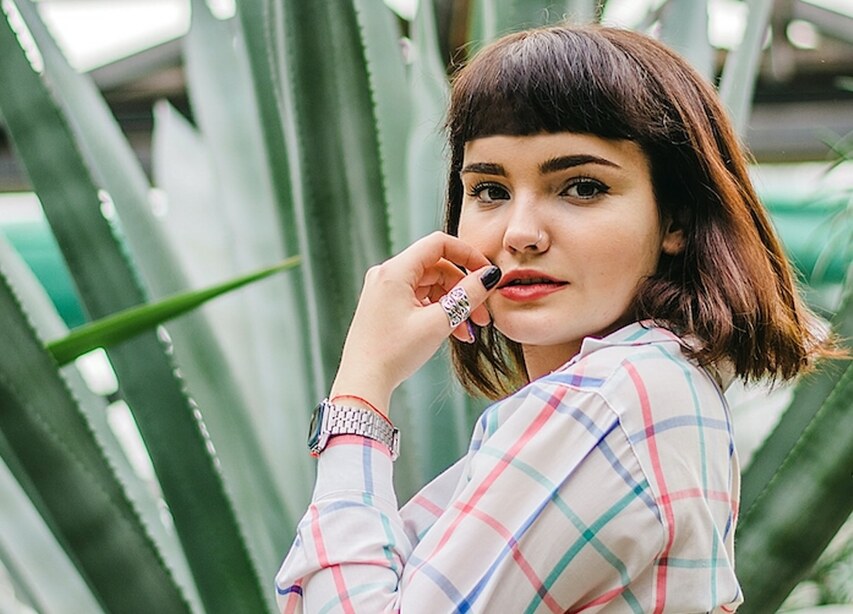Aloe Vera for Acne

The Many Wonders of Aloe Vera: A Skincare Superstar
Aloe vera, a tropical succulent from the Aloe family, is more than just a pretty plant—it’s a powerhouse of skincare benefits. Known for its plump leaves filled with gel-like goodness, Aloe vera boasts antibacterial and anti-inflammatory properties that make it a go-to remedy for skin issues like acne, psoriasis, and more. Whether you’re a DIY enthusiast or a fan of ready-made products, Aloe vera has something to offer for everyone.
Why Choose Aloe Vera for Your Skincare Routine?
Let’s face it, not all skincare solutions are created equal. Here’s why Aloe vera deserves a spot in your routine:
- Natural and Accessible: Aloe vera isn’t a lab-created concoction; it’s a natural, plant-based remedy. It’s affordable, easy to grow, and available in stores as whole plants or pre-extracted gels.
- Gentle on Skin: Rarely causing allergic reactions, Aloe vera has been trusted for centuries for its soothing and healing properties.
- Scientifically Backed: Unlike some herbal remedies, Aloe vera has robust research supporting its effectiveness in skincare.
The Benefits of Aloe Vera for Skincare
1. Anti-Inflammatory Powers
Aloe vera’s natural astringent properties help clear dirt, oil, and impurities, reducing inflammation around breakouts. This can speed up the healing process for acne, wounds, and other skin irritations.
2. Acne-Fighting Abilities
With antibacterial agents like saponin and natural salicylic acid, Aloe vera helps kill acne-causing bacteria and unclog pores, reducing breakouts and redness.
3. Soothing and Calming
The magnesium lactate in Aloe vera gel makes it a star treatment for sunburns, itchy rashes, and even the sting of acne. It works wonders alongside other calming skincare products.
4. Brightening and Scar-Reducing
Aloe vera contains aloesin and anthraquinone, compounds that boost collagen production and encourage cell regeneration. This helps fade acne scars and dark spots while giving your skin a healthy glow.
5. Hydration Without the Grease
Comprising 98% water and rich in mucopolysaccharides, Aloe vera hydrates deeply without leaving a greasy residue, making it perfect for all skin types.
6. Anti-Aging Properties
Aloe vera stimulates fibroblast activity, enhancing elastin and collagen production to smooth wrinkles and improve skin elasticity. Packed with amino acids, vitamins, and antioxidants, it also combats free radicals that cause premature aging.
What Can Aloe Vera Treat?
Aloe vera is a versatile ingredient that addresses a variety of skin concerns:
- Acne: Reduces breakouts and soothes irritation.
- Dry Skin: Provides lasting hydration.
- Psoriasis and Eczema: Calms inflammation and itching.
- Dandruff: Moisturizes the scalp and reduces flaking.
- Sunburn: Soothes redness and accelerates healing.
How to Incorporate Aloe Vera into Your Routine
1. Pure Aloe Vera Gel
- Use it as a natural alternative to traditional cleansers to prevent breakouts.
- Apply it as an overnight spot treatment for blemishes—just rinse it off in the morning.
2. DIY Aloe Vera & Tea Tree Oil Mask
- Combine Aloe vera gel, 2–3 drops of tea tree oil, and water to create a spreadable paste.
- Apply to cleansed skin for 5 minutes, then rinse thoroughly and moisturize.
3. Aloe Vera-Infused Products
Many over-the-counter products feature Aloe vera, such as acne creams, after-sun lotions, and moisturizers. Look for labels mentioning:
- Aloe Barbadensis Leaf Juice
- Aloe Gel
- Chirukattali Extract
Is Aloe Vera Good for Acne Treatment?
Absolutely! Aloe vera is a perfect companion to medicated acne treatments. Its hydrating, antibacterial, and anti-inflammatory properties enhance the effectiveness of topical creams and serums. For instance, MDacne products like the Facial Cleanser, Soothing Moisturizer, Advanced Dark Spot Remover, and Oil-Free Sunscreen harness Aloe vera’s benefits for acne-prone skin.
Aloe Vera: A Tried-and-True Skincare Ally
With its multitude of benefits, Aloe vera is more than just a natural remedy—it’s a must-have for anyone seeking healthier, clearer skin. Whether you use it in its pure form or as part of a curated product lineup, Aloe vera delivers hydration, soothes irritation, and supports a radiant complexion.
Shop:
Best Dark spot remover with Aloe vera
Best Anti-acne moisturizing cleanser with Aloe vera
Best Oil-free sunscreen with Aloe vera
Best Benzoyl Peroxide 2.5% anti-acne cream with Aloe vera
Best Benzoyl Peroxide 5% anti-acne cream with Aloe vera
References
- Aloe vera: a short review
- The Effect of Aloe Vera Clinical Trials on Prevention and Healing of Skin Wound: A Systematic Review
- Aloe vera: Potential candidate in health management via modulation of biological activities
- Tea tree oil gel for mild to moderate acne; a 12-week uncontrolled, open-label phase II pilot study
- Are Natural Ingredients Effective in the Management of Hyperpigmentation? A Systematic Review
To find the right acne treatments for your unique skin, take the free skin assessment by clicking here.



